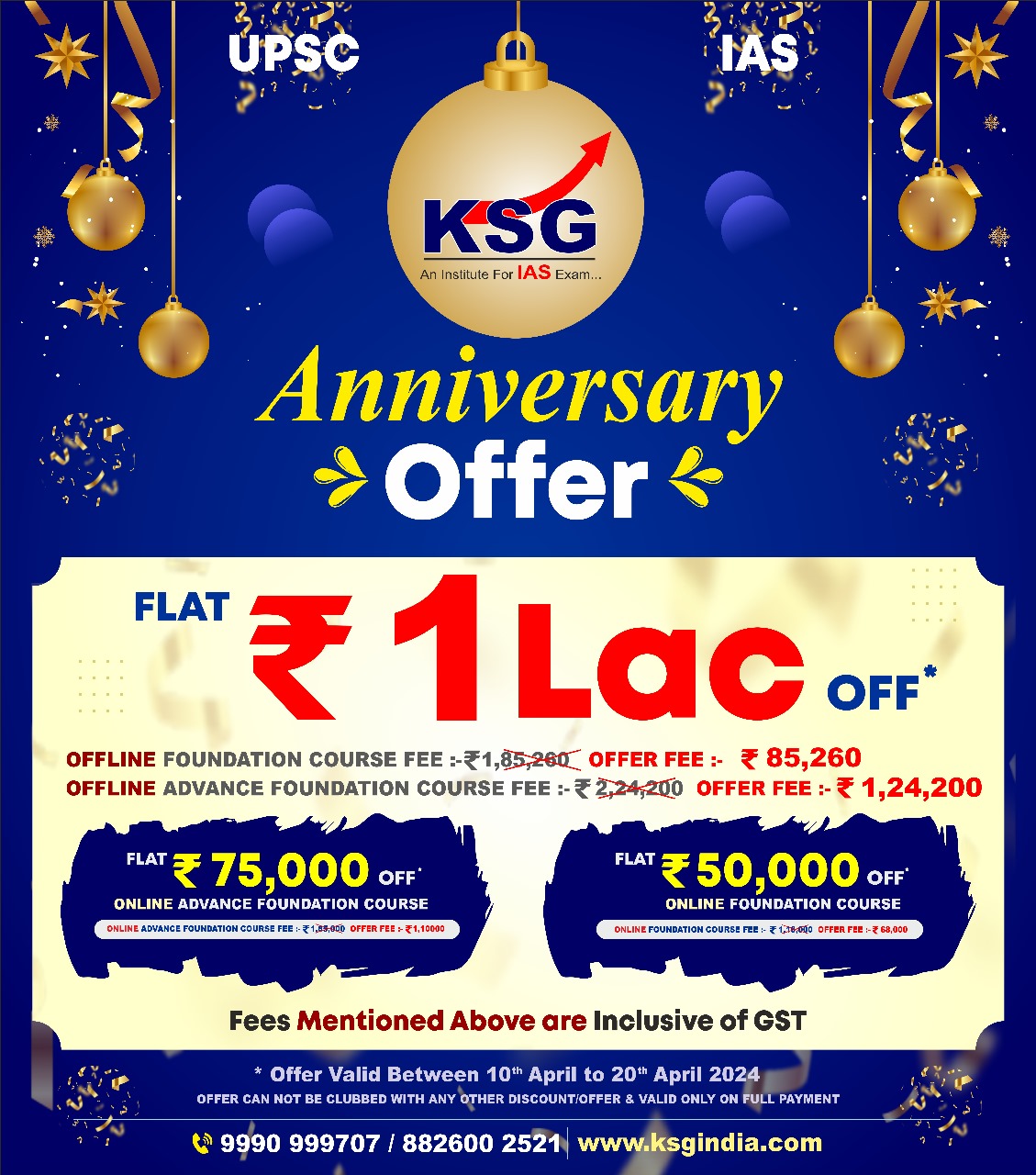If you see him, say hello
Source: By Ruchir Joshi: Deccan Herald
I have not yet read anything by Elena Ferrante. I've been told by many people how powerful the novels are, and I've been saving them up for when my desk is clear of other bits of prose fiction.
I have, however, read the interview Ferrante gave to The Paris Review and found it, for the want of another word, quite gripping. In her interviews Ferrante touches on the fact that she has chosen to stay anonymous, to avoid the public rituals, the runnings of the gauntlet, of the writerly world, the book launches, the festivals, the author photographs and, by implication, all cultish things that grow on writers' lives like the leel — the surface moss — that layers ponds, obscuring a writer's vision or muddying the clean connection between lived and observed reality and its imaginative but true expression.
Reading the interviews, I envied many things about Ms Ferrante, her obviously deep mind, the clarity of her articulation, her unpretentious self- deprecation, but also the brilliance of the move of choosing anonymity. Not for her the scurrying away of critics when they spot you after having given you a bad review, not for her the whispering into ears by literary awards judges who tell you they were pushing for your book except so and so played a very dirty game, not for her the fawning of idiots who understand nothing of your work yet feel they need to obsequiate like banshees.
No, she (or he) could just attend all the book events and parties, listening to the unadulterated criticism of her books and also the unfiltered, honest praise, s/ he could even discuss her own work with people, ' neutrally', or use the gambit of ' oh, I haven't read that yet, what's it like?' Recently, in a piece published by The New York Review of Books, an ' investigative' journalist ' exposed' Ferrante's real identity by digging into the payments made by her publishers.
For us desis, the name that was thrown up sounded remarkably Indian at first. Upon examination, it became clear that Signora Anita Raja had no Sub- Continental muse- corpuscles coursing through her veins, the name Raja is probably pronounced ' raya' and comes from Anita's father, who was a judge in Naples. This, of course, was irrelevant to the debate that has ensued after the article came out. Broadly, there are two camps, the journos and the writerly types, on either side of the divide.
For many Journalistas, the investigation fell completely within the rules of fair play: Ferrante and her publishers had deliberately built up the business of her pseudonym, letting everyone know that it wasn't the writer's real name and that the writer preferred and fiercely protected her anonymity. What might have begun life as a decision stemming from modesty and a genuine aversion to being in the public eye had now been turned into a brand amplifier and was therefore a fair target for a public uncovering.
For the Authorites, the article was a gratuitous, unwarranted intrusion into a writer's personal life, a kind of burglary that ransacked an artist's private domain and irreparably damaged the place from which she had chosen to work. ‘Obviously, if her life had been at risk or something, the reporter would not have revealed her real name,' the Journalistas argued.
' She wasn't a public official or a criminal, her assumed persona and her anonymity put nobody's life at risk, there was no public good to be achieved from the revelations, so why make them at all?' argued the Authorites. ' While this is a debate about the right to privacy and anonymity, it is also a debate about the worth and meaning of art , says Vohra, pointing out that '... in these times of celebrity self- promotion and the currency of thinking of the individual self as a brand, anonymity has a radical charge .' Before concluding, Vohra points out that ' when utterances and identity are tightly fused and what you say is constantly filtered through your identity alone, it denies the possibility of moving forward politically and culturally.' Someone who understood this several decades ago was a young American singer and poet who also took on a name different from the one he was given at birth. When Robert Zimmerman became Bob Dylan, he was in essence saying, ' look at the man performing before you, listen to my songs, listen to the words, and don't worry about who my mommy and daddy were, or where I come from.' As he made his transition from Minnesota to Manhattan, Dylan put on many different masks, assumed many different personas, told all kinds of fictional stories about his life upto then.
He did this for many reasons apparently, to pull the chicks, to impress record producers, to get away from any overtly Jewish identity, to get away from any taint of Hibbing and Duluth and small- town middle America, and yes, to force people to look at him and hear his songs without the ' framing' of his background or what one might call his ' American caste'. While depreciative of his past, the young Zimmer- Dylan was quite cocky about his present and only slightly hesitant about his future: ' I'm a poet, and I know it, hope I don't blow it .' Across the years, far from blowing it, Dylan went on to redefine poetry, writing, and the modern American music of blues, folk and rock (while leaving the jazz family more or less alone). For the purists and sticks in the mud to object to this man being given a Nobel for Literature is patently absurd — far more than many a keyboard- cowboy, Bob Dylan is a character who scribbles away on pads, on the backs of envelopes, huddling in blankets on people's sofas or bumping along on a tour bus, reading voraciously, dismantling and rejigging modern prose, poetry, philosophy, all of it. Such is his range, there are so many succeeding Dylans that in Anglo- Saxon literature the only one you can compare him to is Shakespeare, or the crew that constituted the many different Shakespeares we have. In Todd Haynes's wonderful anti- biopic I'm Not There several different people, including Cate Blanchett, play Dylan, and, as the trailer says, the film is as inspired by the false stories as it is by the true ones.
Again, as the trailer quotes, BD says ' I can only be me, whoever that is.' T he thing is, far more than most other American folk and rock musicians (to take just one category) at the base of Dylan's music are his lyrics, the act of his writing. And in that writing, as Dylan says of Dante, so many of them words rang true/ And glowed like burnin' coal/ Pourin' off of every page/ Like it was written in my soul . The thing is, many of us across the world feel that Dylan transcended the Nobel Prize many years ago and it is the Swedish Academy that is honouring itself by giving him the award this year. In her Paris Review interview, Ferrante says that ' Writing requires maximum ambition, maximum audacity, and programmatic disobedience.' If there is anyone alive today who totally personifies that axiom, it is Dylan.
Even as we wait to hear Mr Bob's reaction to the prize, we can make other conjectures on the nature of art and anonymity and multiple identities. As Paromita Vohra asks towards the end of her piece: ' Imagine for a minute if Chetan Bhagat wrote anonymously. Would his books be either as successful or as reviled?' Or, imagine, as is far from unlikely that in the near future the literature Nobel might go to a certain Italian woman. What will Ms Raja- Ferrante do when she hears the news? How will she handle the award ceremony and the customary laureate's speech? Will it be a recorded speech or will we get to listen and watch as ' the ghost of electricity howls in the bones of her face '? Or, if she can't please everyone will she decide she ‘might as well not please anybody at all’?



